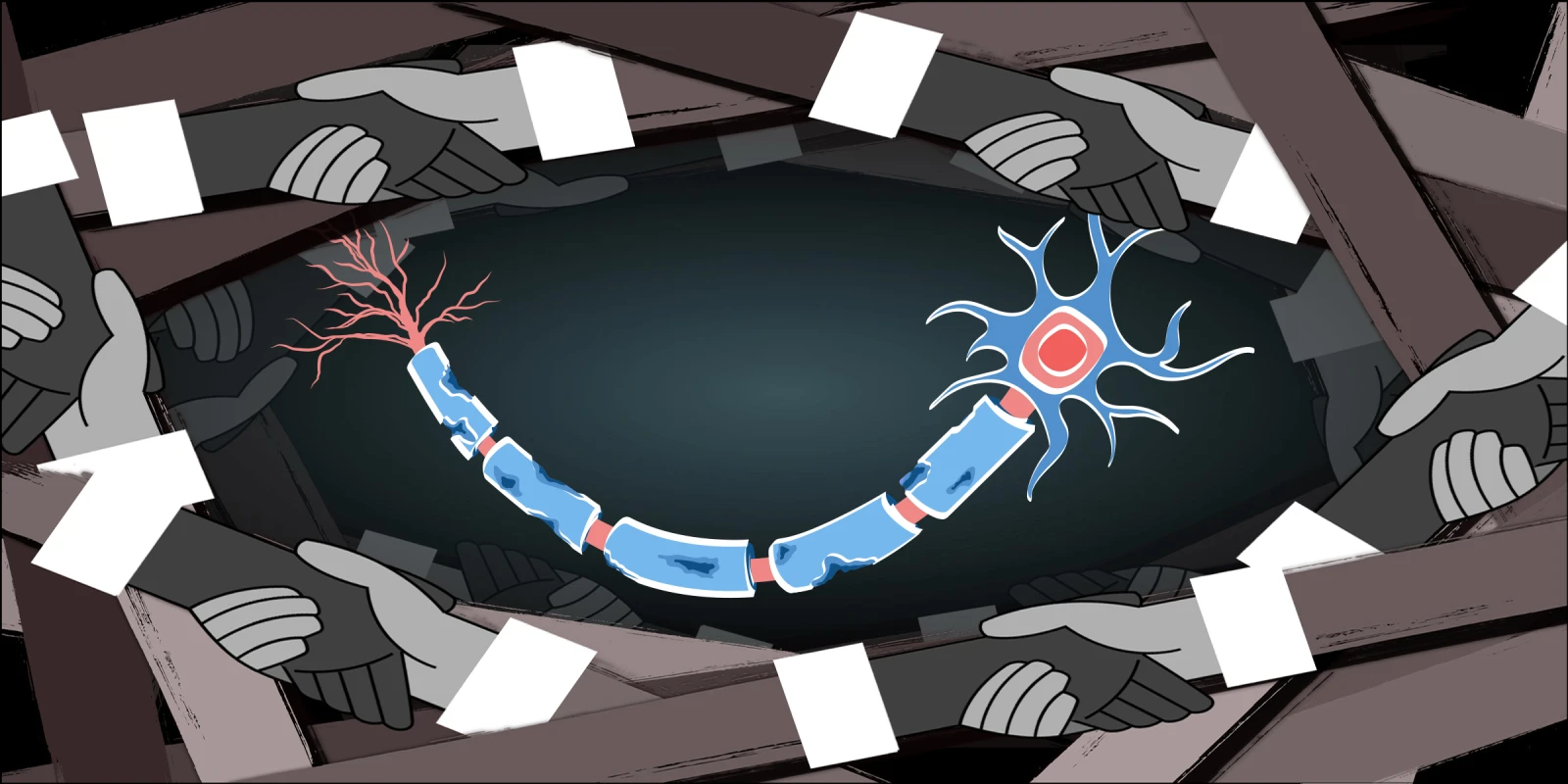The 2023 Americas Committee for Treatment and Research in Multiple Sclerosis (ACTRIMS) meeting was held from February 23rd to 25th in San Diego. This year, the theme was “MS: Going Viral,” and focused on various intersections between infectious diseases and MS. Presentations included data about the potential infectious complications associated with MS immunotherapies and the possible associations between viral infections and developing MS.
For over 50 years, theories have linked MS to a transmissible infectious agent. Over the last 20 years, most of the attention has been directed toward the Epstein-Barr Virus (EBV), a member of the human herpes virus family. A scientific platform session at ACTRIMS titled “Viral Triggers of MS” included presentations about the epidemiologic and scientific data that connects EBV infections to MS and ended in a point-counterpoint debate about potential EBV Vaccine clinical trials.
Leading off the session was a historical overview of viral triggers in MS presented by Dr. Steven Jacobson from the National Institutes of Health (NIH). His talk highlighted the history of MS virology research, including studies of measles, retroviruses, and human herpes viruses such as EBV. He noted concerns about the language used to describe existing data relating EBV to MS. Specifically calling into question the use of the term “causation” versus “association” or “correlation.” In the absence of clinical trial data showing the prevention of MS via a long-term vaccination study, he indicated that it would be difficult to definitively determine a causative role of EBV. Dr. Jacobson’s presentation did recognize the potential for EBV to be a factor in causation and/or associated with disease activity.
Dr. Marianna Cortese, from the Harvard T. H. Chan School of Public Health, reviewed 20 years of epidemiology studies relating EBV to MS, highlighting the 2022 publication in Science, “Longitudinal analysis reveals high prevalence of Epstein-Barr virus associated with multiple sclerosis.” This publication reported a unique cohort of patients abstracted from the US Department of Defense serum repository. Samples from over 10 million individuals were stored over time, of which 955 MS patients were identified and had diagnoses confirmed. Within this group, the authors identified 35 MS patients who had a baseline serum sample test negative for anti-EBV IgG using the VirScan platform. Of those, 34 of 35 MS patients seroconverted before developing MS. This was significantly higher than in EBV seronegative patients from the control cohort. They did not observe same patterns for other infections, such as cytomegalovirus. The hazard ratio for developing MS in the seroconverting cohort was 32.4 when compared to the persistently positive cohort.
Dr. Jessica Allanbach from the University of British Columbia provided data from their lab utilizing humanized mice to study the intersection of EBV infection and disease severity in Experimental Autoimmune Encephalomyelitis (EAE) mice. This model would engraft immune cells from human donors into immunodeficient mice and then induce EAE inflammation via standard procedures. The investigators utilized cells from EBV-positive MS donors, EBV-positive healthy donors, and EBV-negative healthy donors. Scoring of disease severity in the EAE mice revealed the most severe disease in MS patients with EBV and the mildest disease in mice that had donor cells from EBV-negative healthy controls. Tissue analysis revealed evidence of dysregulated T cells in the mice with B cells engrafted from MS, EBV-positive patients. The study concluded that EBV exposure was an independent risk factor for severe disease in this animal model of MS.
Dr. Jeffrey Cohen from the NIH and Dr. Peter Calabresi from The Johns Hopkins School of Medicine engaged in a point-counterpoint discussion of pursuing an EBV vaccination program. Both agreed that safety must be the top priority. Dr. Calabresi made it clear he was pro-vaccines in general and wanted to see safety research continue on the EBV vaccine, but suggested that focusing on EBV treatment for the near term would be the most prudent. Both agreed that answering the question of EBV as a causative agent in MS might only be answered through a large-scale, long-term EBV vaccination program.
While there is a mountain of evidence linking EBV infection and MS, it will take more work to determine if it represents a viable therapeutic target for our patients.
Dr. Greenberg is employed by IT Southwestern. He has received grants from NIH, Anokion, Clene Nanomedicine, and Regeneron. He has also received consulting fees from Alexion, Novartis, EMD Serono, Horizon Therapeutics, Genentech/Roche, Signant, IQVIA, Sandoz, Genzyme, Immunovant and PRIME Education.







